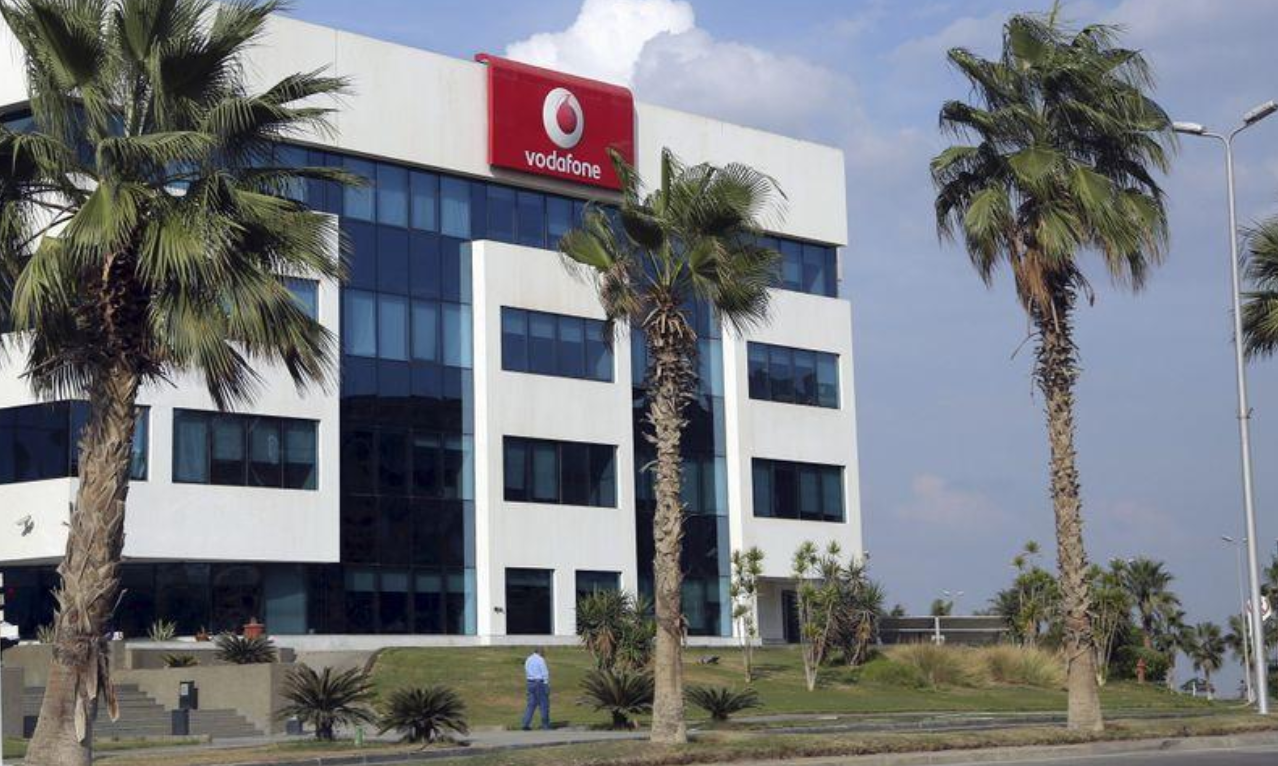Prices recently jumped by as much as 133%, but how and why it happened remains a mystery.
The three Egyptian mobile operators, Vodafone, Mobinil and Etisalat, unilaterally raised international text message prices in mid-September, but many phone users were unaware of the price increase for a text message, or SMS, until weeks later.
"First of all, I’ll have to wonder how such a decision could be put to action in such a silent way," said Ahmed Gabr, the editor of GadgetsArabia.com. "I actually realized it myself as an observation from a friend. I think the pricing scheme by all operators must be very clearly announced when they intend to make any change like this one."
According to mobile operators, the rules of the Egyptian regulator, the NTRA, stipulate price changes need to be announced in a public forum such as in newspapers or on the company’s website. The NTRA ignored repeated requests from Al-Masry Al-Youm to verify this information or comment on the story.
As of early October all three providers had updated the cost of an international text message on the page within their websites that list prices. None of the operators displayed a message on other places on their websites such as the homepage. Both Vodafone and Mobinil said they had sent out an SMS to customers, although interviews with users prove otherwise.
"I asked many people at work and they didn’t know about it," said Mohamed el-Gohary, who runs the technology blog Technoemedia (technoemedia.blogspot.com), and has pre-paid and post-paid lines with Vodafone and Mobinil.
"I didn’t know that prices for international SMS had gone up and I was sending messages pretty regularly, which I usually do, but I noticed I was running out of credit more quickly," said Susan Nour, a consultant for an economic development firm who has a business mobile line with Vodafone.
A Mobinil representative said the company delivered an SMS to customers who had sent an international SMS in the previous three months to notify them of the price change. This reporter sent several international SMS during the same time period, but did not receive notification. Mobinil did send out an SMS to its "First Class Customers," albeit two weeks after the increase.
In addition to the apparent lack of transparency about the change, there is also conflicting information about the prices on the websites of Etisalat and Vodafone. Etisalat lists the price as LE 0.80, although the price for post-paid customers is supposed to be LE 0.70, according to the other two operators. Vodafone’s website lists the price of an SMS for its business customers as LE 0.30–the same as the cost of a local SMS.
Before the increase, an SMS was often the same whether it was sent within Egypt or to a phone abroad. Under the new fees, prices for post-paid subscribers increased from LE 0.30 to LE 0.70, an increase of 133%. The price increased to LE 0.80 for pre-paid customers, who previously paid either LE 0.30 or LE 0.50, depending on their provider.
In interviews with Al-Masry Al-Youm English Edition, operators cited the fees coming from foreign operators as the main reason for the increase prices.
"We’ve been charging our customers less than the cost of the international SMS," said Aly Mounir, head of the roaming department for Mobinil. "Regulations took place in the European area and most of the operators have introduced charges for SMS termination. If my customer in Mobinil is sending an SMS to an Orange customer in the UK, Mobinil has to pay a fee. And this fee is high."
Mobile phone companies typically charge one another for the use of their networks, usually referred to as a termination fee. For mobile calls and messages within the same network, there is no such cost incurred, which is why many operators around the world offer plans that include free minutes and messages to other people who use the same carrier.
For international calls and messages, the situation is a bit more complicated. In addition to a termination fee, there is sometimes a fee to a third party that acts as a hub to transmit communications from the originating mobile company to the terminating company. Different countries also have different regulations about fees for mobile communications, while each company may charge a different fee for use of its network.
Rather than charge customers according to the country they are sending messages to, the Egyptian operators agreed on a flat rate for all international text messages, even though the cost of voice calls vary by country.
Both Vodafone and Mobinil also cited concerns about spam, or unsolicited advertising messages sent in bulk, as another reason for the increase in prices. European and US operators in particular have been fighting spam because the spammers often do not pay for the communications.
A representative from Vodafone Egypt said that many mobile companies in Europe simply began to stop accepting messages from operators abroad until a contract was signed governing SMS pricing. The GSMA, an international lobbying group for mobile companies, has such an agreement called an AA.19, which sets a price for international SMS and puts the responsibility of spam on the company from which it originates. GSMA declined to comment for this story.
"The three mobile operators in France closed SMS from Egypt about two years ago," said Ahmed Yehia, head of international & roaming for Vodafone Egypt. [French operator SFR] asked for high interconnection fees, but we had to pay the cost because some customers complained."
"They closed with everyone and started to negotiate. There was a lot of hassle around the spamming over the last three years. There was some fraud coming from Nigeria."
Yet it remains unclear what role, if any, Egyptian mobile operators have in spam to Europe. A spammer could be located anywhere in the world and if text message spam is sent to phones in Europe, it probably originates from the Internet and goes through a mobile company in Europe.
"This kind of software doesn’t use Egyptian mobile carriers, so it will not go through Egyptian carriers; they will go through less costly carriers such as in the UK or others," Gohary said.
"Twitter uses a UK server for sending SMS, for example."
European mobile carriers Orange, O2 and T-Mobile did not respond to emails and phone calls to verify blocking SMS messages from Egypt.



